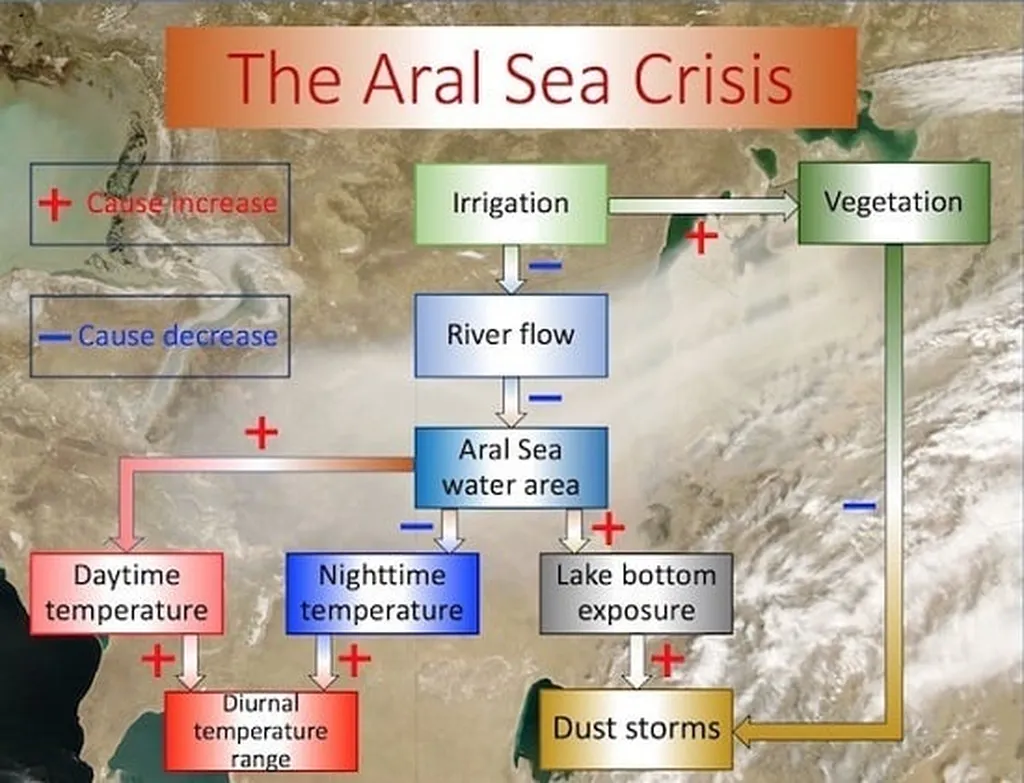In the heart of Georgia, a groundbreaking study is set to revolutionize how farmers approach irrigation and water management. Deus F. Kandamali, a researcher at the College of Engineering, University of Georgia, has developed a novel hybrid method for predicting soil moisture levels, potentially transforming precision agriculture and enhancing water use efficiency.
Kandamali’s research, published in the journal *AgriEngineering* (translated to English as “Agricultural Engineering”), combines the power of long short-term memory (LSTM) networks and extreme gradient boosting (XGBoost) models to predict soil moisture at 24, 72, and 168-hour intervals. This hybrid approach leverages the strengths of both machine learning techniques, capturing complex temporal dependencies and non-linear interactions that traditional models often miss.
“Most existing models excel in short-term predictions but struggle with long-term forecasting,” Kandamali explains. “Our hybrid LSTM-XGBoost method addresses this gap, providing accurate predictions that can significantly improve irrigation scheduling.”
The study utilized real-world data from the D.A.T.A research farm at Abraham Baldwin Agricultural College in Tifton, GA. By integrating data from watermark soil moisture sensors and weather stations, the model achieved impressive accuracy rates, with R² values exceeding 98% for all prediction horizons.
The implications for the agricultural sector are profound. Accurate long-term soil moisture prediction can lead to more efficient water use, reduced costs, and improved crop yields. “This tool can be a game-changer for farmers,” Kandamali notes. “It allows for real-time, data-driven decision-making, enhancing precision agriculture practices.”
Beyond the immediate benefits, this research opens doors for future developments in the field. The integration of IoT sensors, artificial intelligence, and deep learning models can pave the way for more sophisticated agricultural technologies. As Kandamali’s work demonstrates, the fusion of these technologies holds immense potential for shaping the future of farming.
In an era where water scarcity and climate change pose significant challenges, innovative solutions like Kandamali’s hybrid LSTM-XGBoost method offer a beacon of hope. By harnessing the power of data and advanced analytics, farmers can navigate these challenges more effectively, ensuring sustainable and efficient agricultural practices for years to come.

